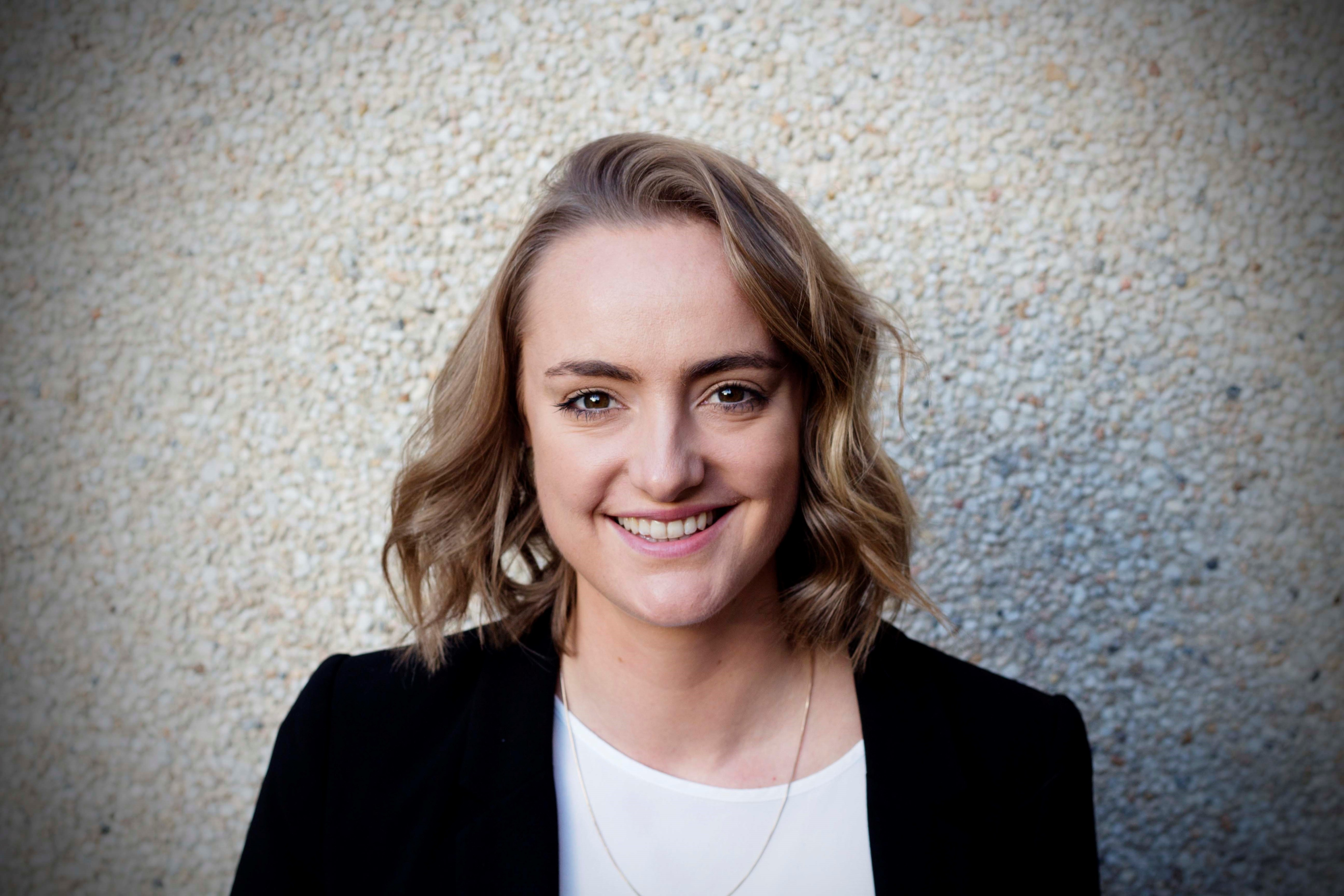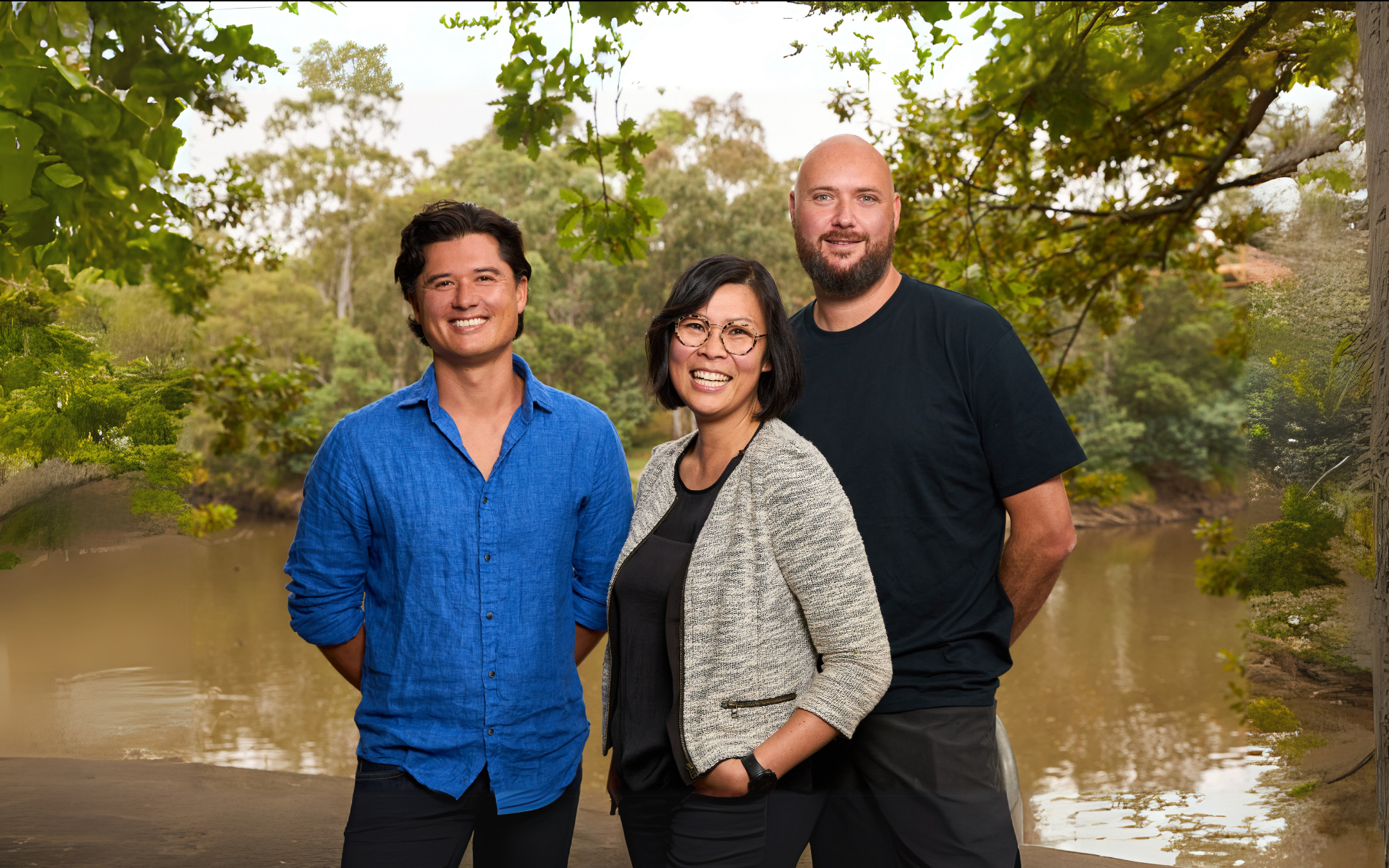In honour of the 100th edition of our Small Steps newsletter, we thought it would only be right to invite our OG editor Charlie Macdonald back to learn from his experience over the past 12 months as a climate tech investor in Europe. Charlie was an integral member of Giant Leap’s investment team from 2018 to early 2023, and is currently an Investment Manager in Team Planet at Rubio Impact Ventures in Amsterdam.
Here we’ll share Charlie’s reflections from observing the Australian and European startup ecosystems. In Part 1, he explores what the ecosystems can learn from each other, while in Part 2 he shares key advice for Aussie startups trying to secure European investment and what Australia has to look forward to on the climate tech journey.
Without further ado, here’s Part 1!
Q: What can Australia learn from the European climate tech ecosystem, and vice versa?
A 10,000 mile trip just to hear the same funding gaps!
Surprisingly, when it comes to climate tech across Europe and Australia, many of the issues are the same. A big part of coming to Europe was due to my frustration that there’s only so many software solutions to climate change and there’s not enough funding to help climate tech hardware cross the ‘valley of death’ and scale up in Australia. The Europe market has 20x more universities, 20x more founders, and 20x more funding, so you can imagine my surprise finding out that the lack of hardware and deep tech funding is a top gripe for European climate founders too!
Deep tech-hungry early stage investors like Breakthrough Energy Ventures, Rubio Impact Ventures, Extantia and Zero Carbon Capital, and later stage investors like 2150 VC, Energy Impact Partners and World Fund are trying to fill this gap with private sector capital. But it’s still not enough, with particular shortages for “First of a Kind” (FOAK) funding to build solutions in energy, agrifood and circularity: it turns out climate tech hardware is just plain hard, everywhere you go.
European public funding goes hard
That said, Australia can learn a lot from European governments’ approaches to fill catalytic funding gaps for the harder stuff.
For example, in the Netherlands, there are 9 Regional Development Agencies, colloquially known as a ‘ROM’s, that invest public money both directly and indirectly through Venture Capital funds into early stage technologies, effectively tripling every private dollar invested.
Many ROMs have a track record of investing at the seed stage for climate deep tech, including technology being spun out of university research centres. Examples include Innovation Quarter, the ROM for the greater Rotterdam and The Hague region. Here, TU Delft produces world leading tech in circularity, batteries and electrical engineering, and Innovation Quarter often supports spinning this research out with the first cheque on the cap table. Meanwhile, the ROM Oost NL covers regions including, a global leader in agrifood research, supporting ventures transforming our food system.
Government funding has also helped fill later stage funding gaps in the Netherlands, such as the 2020 launch of Invest NL, a €1.7 billion late stage funding organisation backing deep tech stars like Mosa Meat, a leader in the cellular agriculture space. Government funds like Invest NL and the ROMs have also helped to cornerstone the raise of critical FOAK project financing funds like Polestar Capital, which specialises in debt for pioneering circular economy and energy-related manufacturing.
In Australia, there are a few bright spots of government support, including early stage state-level support from the Accelerating Commercialisation grants program and the Alice Anderson Fund for women founders, and later stage funding from Breakthrough Victoria and the Clean Energy Finance Corporation.
But there’s still a huge gap between the funding that’s needed and what is available at the earliest stages to get deep tech climate ventures off the ground and into the world. We all know that the climate crisis can’t be solved through software alone, so Australia can learn a lot from what Europe is doing here.
Diving deep into the deep tech details
Australia can also learn from Europe’s heightened culture of conducting deep dives into emerging deep tech areas in climate tech to tackle the technical risk.
When you’re investing in novel deep tech solutions with multiple years before commercialisation, you will never be able to apply the comfortable revenue and growth benchmarks for product market fit sought by much of the Australian VC ecosystem. But the challenge is different in deep tech – when you solve a scientific or engineering challenge to get a more sustainable product to be cost competitive, you will have a market.
So investors need to approach opportunities differently, doing deep dives up front to get up the learning curve and build conviction on what technical approaches might win. For examples of this work, check out 2150 VC’s UNSUSTAINABLE series or Rubio’s recent dive into Thermal Energy Storage.
European funds are ahead in recognising the opportunity in technical risk, being willing to dive into nascent areas and techno economic models to take bets early. Main Sequence has been doing a lot of the heavy lifting for these types of investments in Australia and I’d love to see more funds realise the value!
What can Europe learn from the Australian ecosystem?
In the other direction, Europe can learn a lot from Australia in terms of building meaningful dialogue and action on diversity, equity and inclusion (DEI) in early-stage investing. In Australia, there's a very active conversation about DEI in terms of who is investing, who is receiving funding, and DEI as being essential for business performance – even if there’s still a long way to go in terms of tangible results.
Despite the European VC market being 20x the size, there is comparably little conversation about this on regular social channels. I would love to see more like the Equity Clear initiative that Giant Leap, Scale Investors, and Alberts Impact have recently launched in this ecosystem.
That said, I’m super energised by the tight knit, buzzing community of next-gen climate tech investors and operators in Amsterdam who come from a variety of diverse backgrounds. I’ve recently become an ambassador for Climate Mosaic, which empowers underrepresented founders and investors in climate by building a strong support community. This movement is still early, but you have to start small to go big!
Thanks for reading! You can connect with Charlie on LinkedIn or Substack for semi-regular, eternally optimistic views.


.JPG)



%20-%20Edited.jpg)

